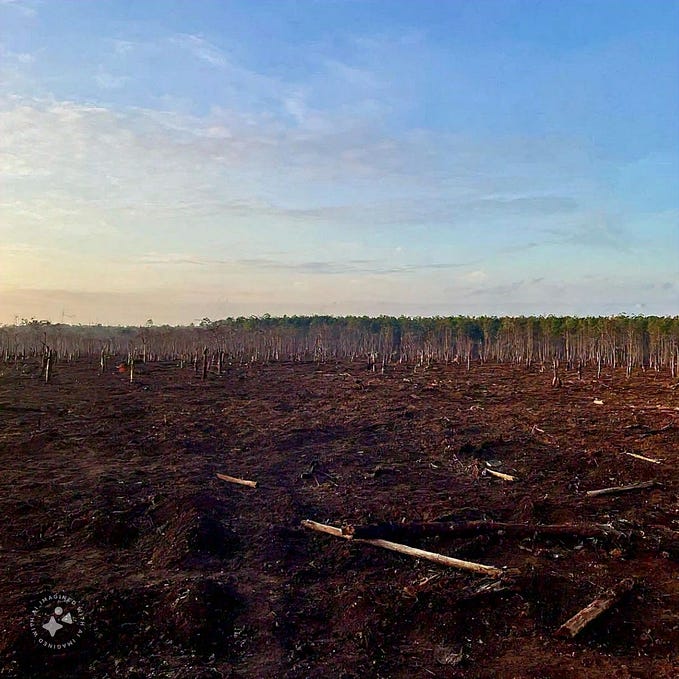History still unreckoned with, tragedy still unfolding

November 29 is the day designated by the UN in 1977 to be an annually observed International Day of Solidarity with the Palestinian People. Every year it is preceded by weeks of discussion by various UN agencies, and generally culminates in the passage of over a dozen General Assembly resolutions condemning Israeli violations of international law and Palestinian human rights.
This year the green light that the Trump administration gave to Israel’s settlement expansion and appropriation of East Jerusalem and the West Bank’s Jordan Valley has given UN bodies plenty to discuss and deplore. For instance, as Americans were voting on November 3rd, the Israeli army was demolishing the entire Palestinian village of Khierbet Humsah, leaving 73 people, including 41 children, homeless in the winter rain.
Despite earmarking $3.8 billion in military aid to Israel every year, most Members of Congress are notoriously reluctant to criticize anything Israel does. Thus, the November 17th letter that 41 Democrats sent to Secretary of State Pompeo condemning the destruction of the village was a welcome gesture towards the need for accountability.
For now at least, the letter is unlikely to spur action. Pompeo was in the Middle East at the time. On November 19, he visited a West Bank Israeli settlement called Psagot and declared that settlement products should bear a ‘Made in Israel’ label. Psagot produces wine, including a blend named ‘Pompeo’ in his honor.
As The New York Times reported, Palestinians — including Palestinian Americans — are the legal owners of the 20 acres claimed by the Israeli settlement on which its grapes are grown. The winery’s major shareholders are American contributors to both Trump and Netanyahu. They also support Israel’s settlement enterprise, which is illegal under international law.
On the day of Pompeo’s unprecedented settlement visit, the UN General Assembly’s Third Committee endorsed, as the full General Assembly has done every year for decades, “the right of the Palestinian people to self-determination, including the right to their independent State of Palestine.” This is part of a package calling for Israel to end its occupation of Palestinian land and observe international law that the UN overwhelmingly supports every year.
As usual, the vote was strikingly lopsided: 163 cast in favor and five opposed (Israel, the United States, Micronesia, Nauru and the Marshall Islands). Abstaining were Australia, Cameroon, Guatemala, Honduras, Kiribati, Palau, Papua New Guinea, Rwanda, Togo and Tonga.
Flawed from the beginning
Israel’s supporters claim that General Assembly resolutions supportive of Palestinian rights are ‘one-sided’ and that the UN unfairly singles out Israel while turning a blind eye to violations elsewhere.
Such complaints ignore the extent to which Israel is the UN’s business, and has been from the very beginning. This history must not be forgotten.
In April 1947, a year and a half after the UN was founded with the mission of preventing war and upholding fundamental human rights and international law, Great Britain handed over to the fledgling body the responsibility for Palestine that it had been given by the League of Nations in 1922.
A UN Special Committee for Palestine (UNSCOP)then came up with two proposals: one, to partition the territory into two states; and the other, for a unitary state with a constitution guaranteeing equal rights for all its inhabitants.
After vigorous lobbying, the majority supported partition without asking the recently established International Court of Justice whether the UN had any jurisdiction to carve up Mandatory Palestine or any other territory.
On November 29, 1947, the date now commemorated by the International Day of Solidarity with the Palestinian People, the UN General Assembly voted 33 to 13 (with 10 countries including Great Britain abstaining) to support Resolution 181mandating partition and economic union.
The partition map gave 55% of the land to the Jewish population at a time when it owned only 7% and was a third of the population. Palestinians, who made up 65% of the population, were allocated 38% of Mandatory Palestine, a ‘solution’ rejected by Arab delegations to the UN. The resolution designated Jerusalem as a ‘corpus separatum’ or international zone under UN control.
In the war that followed the Zionist acceptance of Resolution 181, its military forces moved beyond the territory that Resolution 181 demarcated as the Jewish state and some 750,000 Palestinians were expelled from their homes.
On May 20, 1948, six days after the State of Israel declared its independence, UN envoy Count Folke Bernadotte arrived in Palestine to try to mediate a cease-fire. In his capacity as head of the Swedish Red Cross Bernadotte had saved thousands of Jews from Nazi camps. On September 17, after he called for the return of all Palestinian refugees and the demilitarization of Jerusalem, Bernadotte was assassinated by the Stern Gang (LEHI), one of whose leaders was the future Israeli prime minister, Yitzhak Shamir.
Bernadotte’s murder could have been on the minds of General Assembly members when, on December 10, 1948, they adopted the landmark Universal Declaration of Human Rights and the following day passed Resolution 194. It calls for Jerusalem to be placed under UN control and states “that the refugees wishing to return to their homes and live at peace with their neighbors should be permitted to do so at the earliest practicable date, and that compensation should be paid for the property of those choosing not to return and for loss of or damage to property which, under principles of international law or in equity, should be made good by the Governments or authorities responsible.”
The killing of the UN envoy, the fate of Jerusalem and Israel’s refusal to allow Palestinian refugees to return dominated much of the debate of the May 11, 1949 General Assembly plenary meeting considering Israel’s application to join the United Nations. There was a sharp exchange of deeply divided views.
On one side, were Arab voices like that of the delegate from Yemen, who was outspoken in his denunciation of the extent to which “power politics” had determined the fate of Palestine, “in total disregard of the rights of its people…The United Nations, by admitting Israel, would be offering shelter to a group which had not only imposed its rule by force on the people of Palestine, but which had also driven from their homes almost a million of those people… Zionists had not respected the resolutions of the General Assembly and had given no definite assurances that they would do so in the future. They felt that they were absolved of such assurances because under the shield of power politics they would always find excuses and apologies.”
On the other side, were the USA and a range of countries like Iceland that “had no doubt that the Government and the people of Israel would fulfil the assurances they had given with regard to Jerusalem, the Arab refugees and the investigation of the assassination of Count Bernadotte.” It voted to admit Israel to the UN in the belief that it would “strengthen the United Nations and contribute to the successful solution of current and future problems.”
The French delegate added that “no nation was better equipped to show its generosity and sense of justice than the very people which had suffered so long from injustice and hatred.”
Israel was admitted to the United Nations with 37 countries voting in favor, 12 against and 9 abstaining.
Unfinished business
Once the vote was taken, Moshe Sharett, Israel’s representative to the United Nations, thanked nations “whose UN delegations on November 29, 1947 had supported the historic resolution providing for the establishment of the Jewish state.” He said “its efforts would be directed to the absorption of the large scale immigration currently in progress, a veritable in-gathering of the exiles.”
He made no mention either of the Palestinian state that the ‘historic resolution’ had called for, or of the return of Palestinian refugees. Rather he said Israel had taken note of “certain problems still outstanding between Israel and its neighbors on the one hand and between Israel and the United Nations” and would “pursue its steadfast efforts” to resolve them.
Far from those ‘problems’ being resolved, they were greatly magnified when Israel occupied the remainder of historic Palestine in 1967. Since then the Jewish state has been shielded from international censure and UN Security Council resolutions by the power of its patron, the United States. Israel’s defiant intransigence has undermined the credibility of the United Nations and the standing of international law itself.
There never was a time in Israel’s history when the question of Palestine was not the UN’s business. And there never has yet been a time when words enshrined in resolutions as well as international law have proved as potent as power politics.
In 1977, thirty years after the UN issued Resolution 181 which Israel came to regard as its ‘birth certificate,’ the General Assembly showed its frustration with the way its words were repeatedly ignored and disparaged by dedicating November 29 to the Palestinian people.
And today, 73 years after Resolution 181 was agreed to, the rhetoric remains but the land on which a Palestinian state could be constructed has all but disappeared.
Nancy Murray, Ph.D.








